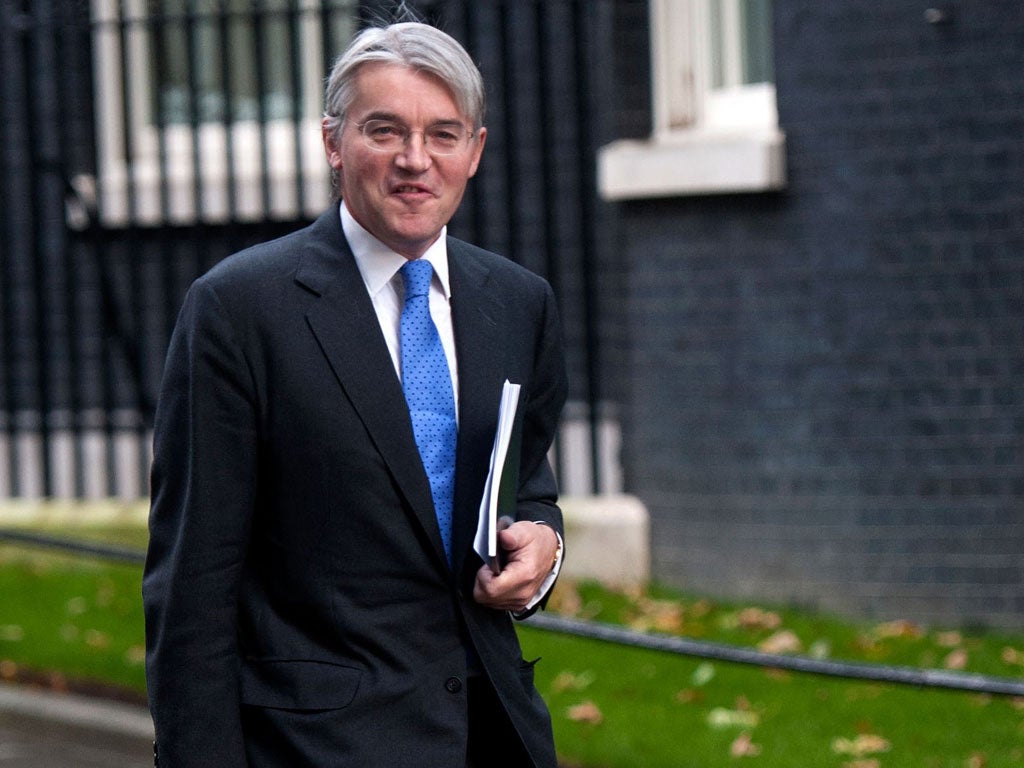Andrew Mitchell denies 'rogue minister' accusation after controversially approving £16 million Rwanda aid package on last day as International Development Secretary

The former International Development Secretary Andrew Mitchell today denied he acted as a “rogue minister” when he controversially approved £16 million in aid for Rwanda on his last day in the job.
In his first public appearance since being forced to resign as Chief Whip Mr Mitchell admitted to MPs that he had taken the decision to hand over the aid despite the Rwandan Government failing to fully comply with three conditions set out by David Cameron.
The bilateral had been suspended over the summer after an interim report by the United Nations suggested Rwanda was stoking up armed conflict in the neighbouring Democratic Republic of Congo.
But Mr Mitchell denied that his close links with Rwandan President Paul Kagame had influenced his move to restore the aid which, he said, had been agreed across Government.
“The British Government decided - not some rogue minister - what was the right response,” Mr Mitchell told the House of Commons International Development Committee.
He added: “The decisions were made entirely properly through cross-government consultation, all relevant departments and ministers being consulted and that was how we reached our decision.”
Mr Mitchell revealed that, highly unusually, he learnt a week before the September Cabinet reshuffle that David Cameron was planning to make him Chief Whip.
As a result, he said he made an effort to finalise outstanding decisions in order to leave a clear desk for his successor.
The £16 million amounted to half of Britain's annual budget support to Mr Kagame's administration, and had already been delayed from July because of concerns over the situation in the DRC, said Mr Mitchell. Because of the Kigali government's failure to live up fully to conditions laid down by Mr Cameron, it was decided to channel half of the money directly to education and agriculture projects in the country, rather than giving it to the Rwandan government to spend.
New International Development Secretary Justine Greening will decide whether to press ahead with the remaining £16 million aid, due at the end of 2012, after the final report of the group of experts on Rwanda is delivered to the UN at the end of November, he said.
Mr Mitchell said that, while countries including Germany and the Netherlands had suspended direct support to the Kagame government, the EU continued its aid programme unchanged, while the US cut $200,000 (£125,000) from military support but pressed ahead with a much larger $160 million (£100 million) programme of development aid.
“This suggestion that Britain has gone out on a limb here isn't true,” he told the committee.
Mr Mitchell added: “Taking away budget support would have no effect on the elite in Kigali, but it would, bluntly, take girls out of school elsewhere in that country. It might make us feel better to remove budget support and avoid taking these difficult decisions, but it would not affect who makes decisions in Kigali and it would have the effect of damaging the poverty programme.”
Join our commenting forum
Join thought-provoking conversations, follow other Independent readers and see their replies
0Comments